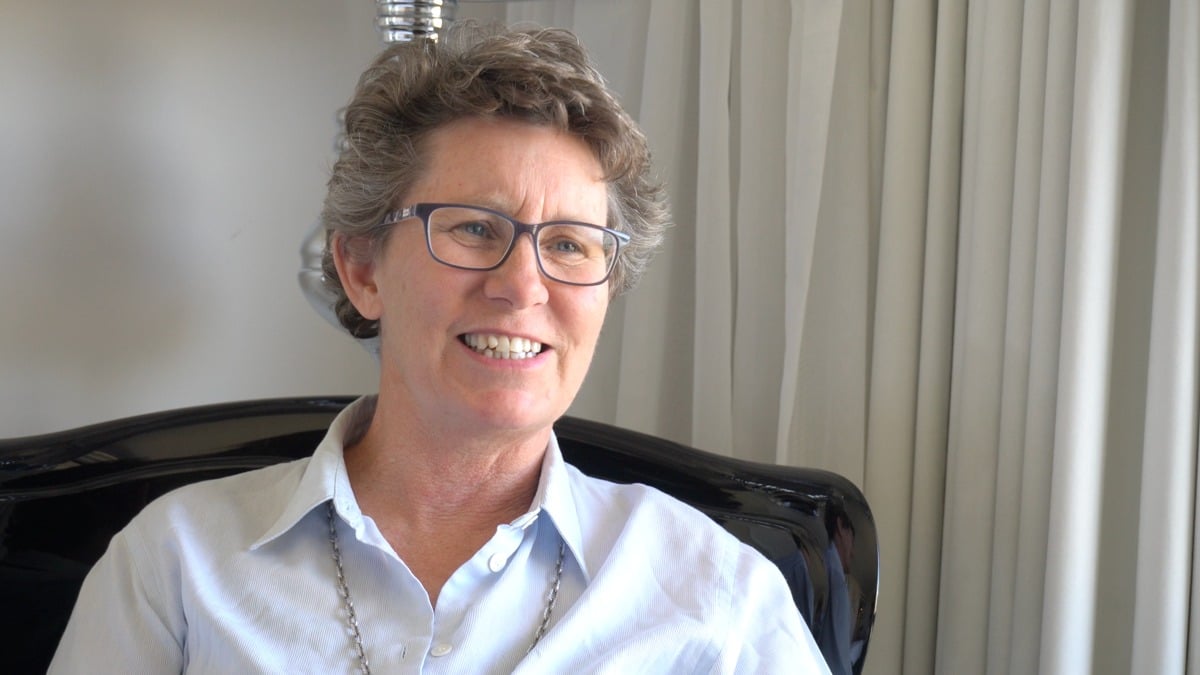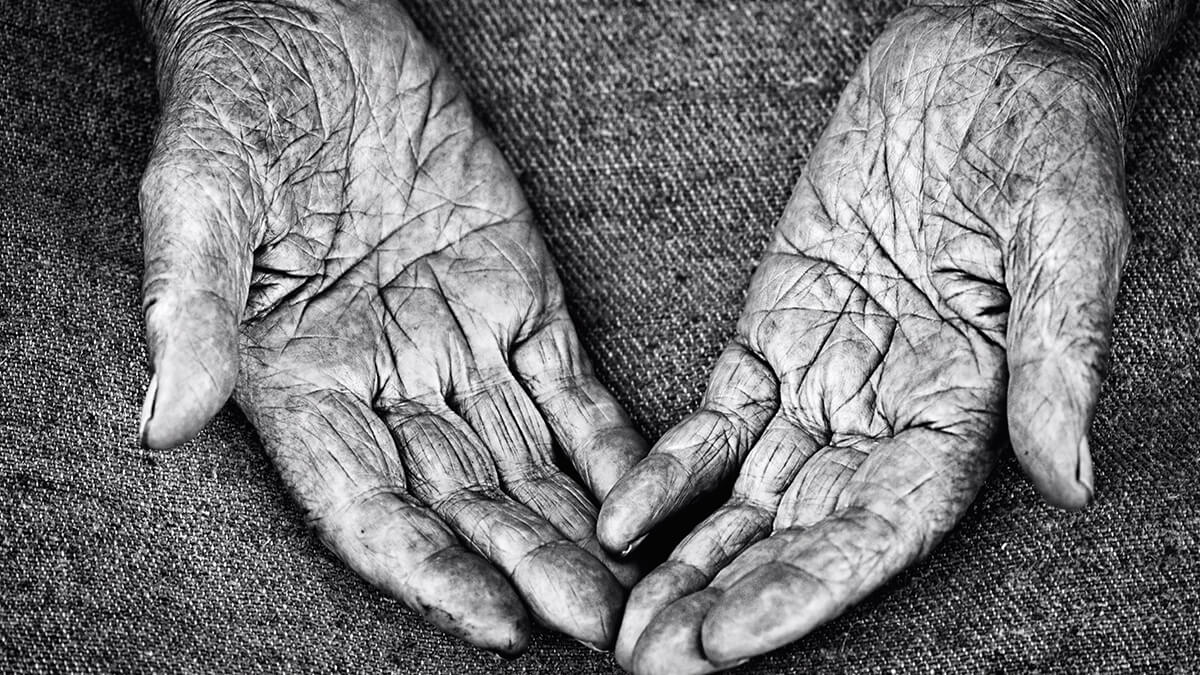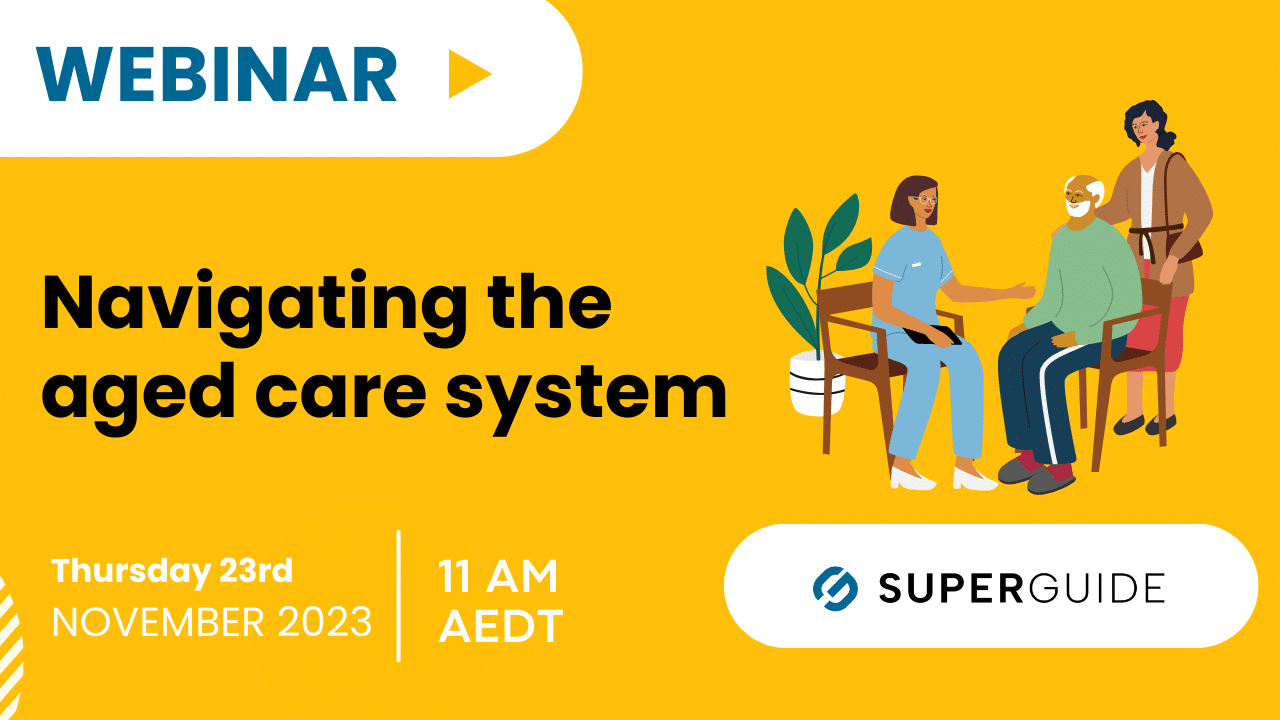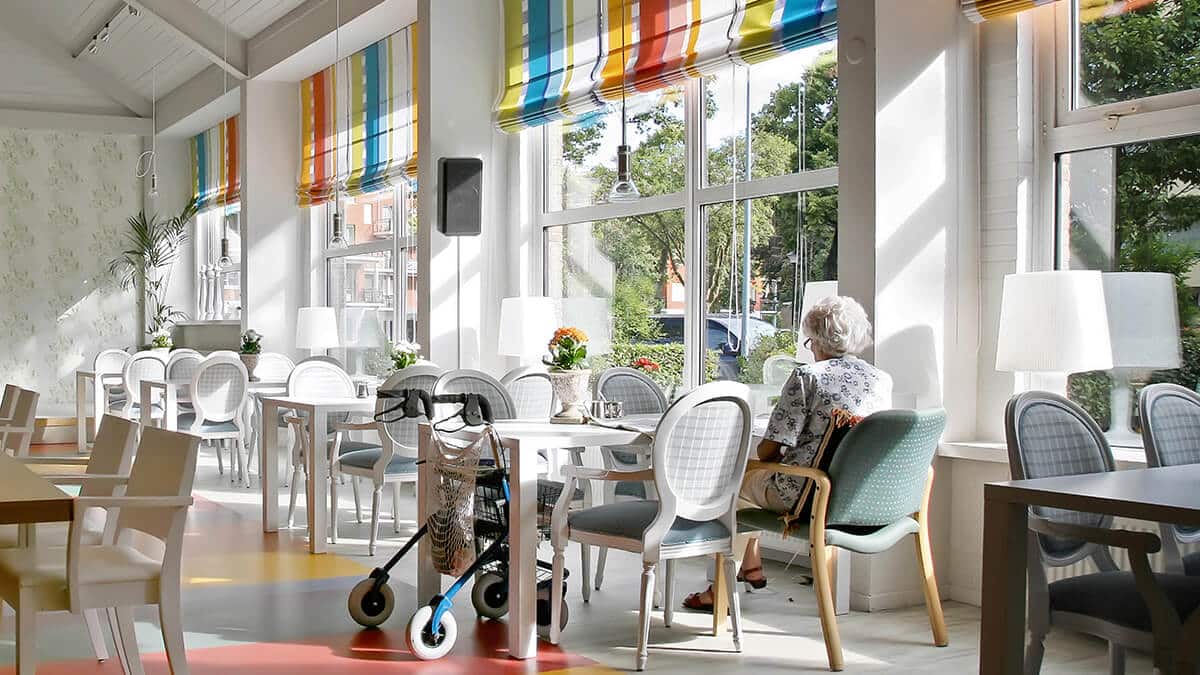In this video interview Bina Brown, Director of Third Age Matters, gives an introduction into aged care, including common mistakes people make, ways to educate yourself about aged care and other tips for those first thinking about aged care.
Transcript
My name is Bina Brown and I’m the Director of Third Age Matters. I call myself an aged care solutions company. I specialize in probably aged care placement into residential aged care, but also helping people work out home care packages.
What should people consider when starting to think about aged care?
I think my first thing I’d probably say is it’s not as scary as it looks, I think it’s a complicated system. The government has made about as complicated as it could. But once you have a look at how it works, it mostly makes sense.
So aged care to me covers a couple of areas. It can mean residential aged care, which everyone thinks about as nursing homes, but it can also mean living in retirement villages. It can mean home care and it can mean just getting help in your own home. So aged care to me is really about finding help or getting care in your older age.
When do most people starting thinking about aged care?
Most people don’t have anything to do with the aged care system until they absolutely need it. And by then, it can be really kind of a crisis management situation. So it’s a really good idea to start thinking about it earlier.
Increasingly, I’m getting the younger generation, the kids of older people, ring me to talk about care needs for their parents. They visited them at home, they’ve seen that they’re not probably coping as well as they could or one of the parents might die, leaving the other to sort of look after themselves. Increasingly, that’s a group of people who are taking control, I suppose.
But there are a lot of older people themselves who are recognizing that they’re getting frailer or things are getting harder, and so they might contact me and talk about what their options are.
Most people don’t want to go into residential aged care, don’t want to go into a nursing home. That’s not where they see themselves, they want to stay comfortable in their own home. So they’ve really got to start looking at how they’re going to make that happen. Are there changes they have to make to their home? Do they actually have to physically move? What’s involved?
What sort of mistakes do people make when looking into aged care?
The biggest mistakes people can make is not understanding the system. So, knowledge is power. So when the government introduced some fairly significant changes, the most significant changes to aged care reform in 2014, they introduced what is very much a user pays system. Those that can afford it were asked to pay more and or something towards their aged care, and those that have nothing are fully supported by the government. So that’s probably the first thing to understand.
So, we’ve got a lot of age pensioners in this country who probably think they’re not entitled to or not able to buy their way into a fairly expensive aged care facility or to get home care at a fairly high level, but probably they can. So, the first thing I really think people should understand is how it works and understand a bit about it, and what’s out there. We’re very lucky in this country, we’ve got some great services, we’ve got great service providers. I think the government’s intentions are all in the right direction, it’s just a bit clunky.
How can people educate themselves about aged care?
The government set up a website as its main point of call for anything to do with aged care. It’s called My Aged Care. It’s had a couple of reincarnations – it hasn’t been particularly popular. But in essence, all the information is there. The cost of aged care, the sorts of services that are available, how to tap into the aged care system. The delivery of aged care services is highly subsidized. So, the government has its own mechanisms to make sure that those that are eligible to receive subsidies, get them. But if it can find a way to get some money out of some people, it’ll do that too.
What tips can you give to people looking into aged care?
Look, I think the essence of getting help through the subsidised system is to actually have a think about what you need help with. So if you’ve got two steps going up to your front door and you find them difficult, you might need a ramp. If you’re having trouble getting into or out of a shower, you might look at changing that. People have trouble cooking, getting meals, it could be anything, getting around the house., they might need equipment. They might need to sit, they might no longer drive, so they might need transport.
So all those services are available to you, it’s just a matter of knowing where to find them. The starting point will always be this My Aged Care website, which people do find incredibly confusing. There’s this assumption that everybody has access to the internet, of course, for an age group that may not. So this is why people probably get help, either through family or services like myself, who offer that just navigating their way through the system.
The take home message is that the help is probably there somewhere and people shouldn’t wait until the absolute last minute before they need it. Understand where it is and how to access it before you need it, because there is a huge shortage of workers and services, compared to the demand.















Leave a comment
You must be a SuperGuide member and logged in to add a comment or question.